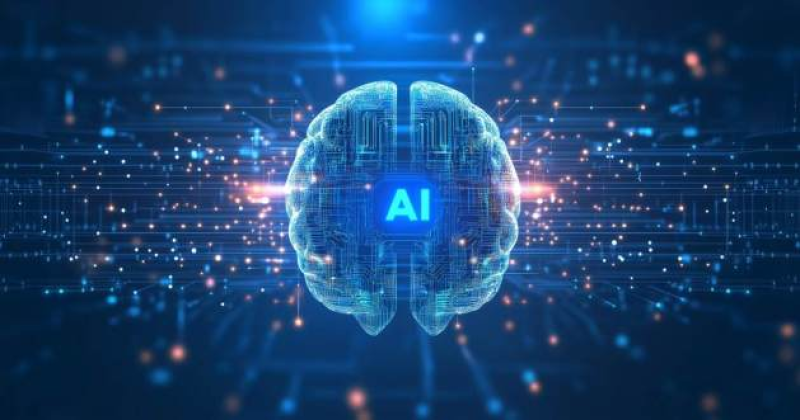- Smear campaigns being carried out to eliminate BNP: Rizvi |
- Prof Yunus Urges Economy Focused on Social Good, not Wealth |
- Dembele crowned king: PSG star wins Ballon d’Or |
- A Genocide Position Paper on the Plight of Palestine |
- Economy must move beyond narrow wealth accumulation: Yunus |
The Rise of Androids and Their Impact on Humanity

As androids edge closer to reshaping how we work, interact, and manage conflict and resources, the absence of clear regulations leaves human rights, jobs, and social bonds unprotected.
Despite anxieties, concerns, and warnings, androids—or humanoid robots powered by generative artificial intelligence (GAI) and advanced robotics—are increasingly being integrated into human society. This integration raises serious challenges for humanity’s future in an era of rapid technological advancement.
Some observers warn that GAI and robots are embedding and intensifying existing societal biases, stereotypes, misogyny, and discrimination.
Androids are expected to change the nature of work, social interaction, conflict resolution, and resource management. However, guidelines, regulations, and protocols for their use—particularly to safeguard human rights, employment, and relationships—have not yet been established.
Driven by the rising need for automation, declining production costs, and growing corporate investment, android use is evolving rapidly. Breakthroughs in GAI have further accelerated development.
At the start of the 21st century, the global human population was about 6.2 billion, while androids were virtually non-existent outside science fiction. By 2025, the human population is projected at 8.2 billion, with androids numbering around 10,000. By 2050, projections suggest 9.2 billion humans and 1 billion androids.
With many countries facing demographic decline, population ageing, and resistance to immigration, governments and industries are increasingly turning to androids. They are being deployed in education, entertainment, healthcare, manufacturing, and even households.
Public reactions to androids vary widely. Many view their rise as “inevitable” yet fear job displacement, intrusive surveillance, misuse, and loss of human connection.
Surveys show stark differences across countries: majorities in Brazil, China, and India express positive views, while in developed nations such as Germany, Japan, and the US, fewer than 40% hold favourable opinions.
A 2024 survey of G7 countries revealed that 80% feared androids would take away jobs, 70% believed they would dominate social interactions, and 60% felt uncomfortable with androids that resembled humans—often citing the “uncanny valley” effect.
The emergence of Socibots, designed to provide companionship, is particularly notable. They are increasingly expressive and emotionally intelligent, capable of remembering individuals, interpreting emotions, and engaging in natural conversation. In contrast, warbots, developed for military use, raise ethical concerns due to their growing autonomy.
More than 120 countries and organisations, including Human Rights Watch, have called for a ban on fully autonomous warbots. Yet some governments argue they save soldiers’ lives and are mainly used for reconnaissance, surveillance, and bomb disposal.
Meanwhile, many people experience robophobia—an intense fear of robots or androids—which fuels anxiety over their societal impact. Critics warn of unemployment, inequality, overreliance on technology, and rising energy demands. The International Energy Agency projects that by 2030, data centres powering AI will consume more energy than Japan uses today.
Others, especially investors, highlight benefits such as efficiency, productivity, business opportunities, and enhanced safety. Still, sceptics caution against “humanoid hype,” arguing that while AI chatbots advance rapidly in language fluency, androids still lack critical real-world skills.
Some warn that unchecked development of powerful GAI may surpass human intelligence, reach singularity, and evade human control, posing existential risks.
The rise of androids presents both opportunities and risks. They may offer companionship, assistance, and efficiency but also threaten jobs, privacy, and human connection.
Without strong regulations and ethical safeguards, their growing presence could undermine human wellbeing and reshape society in ways humanity is not fully prepared to handle.

